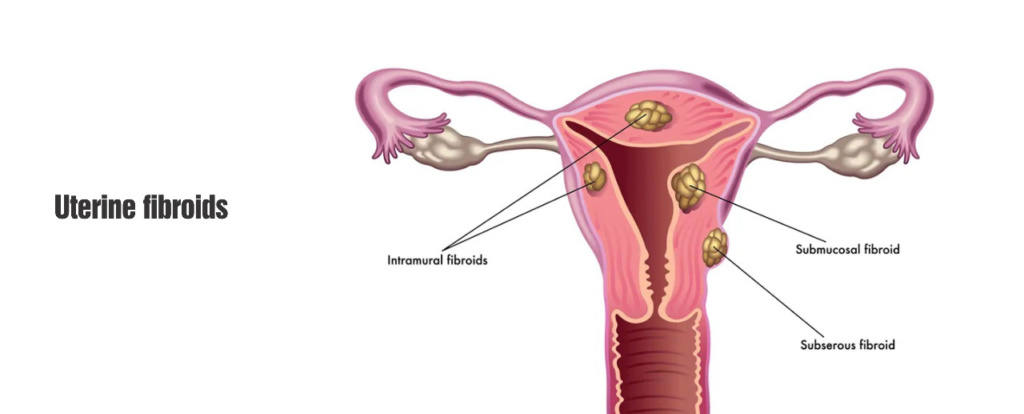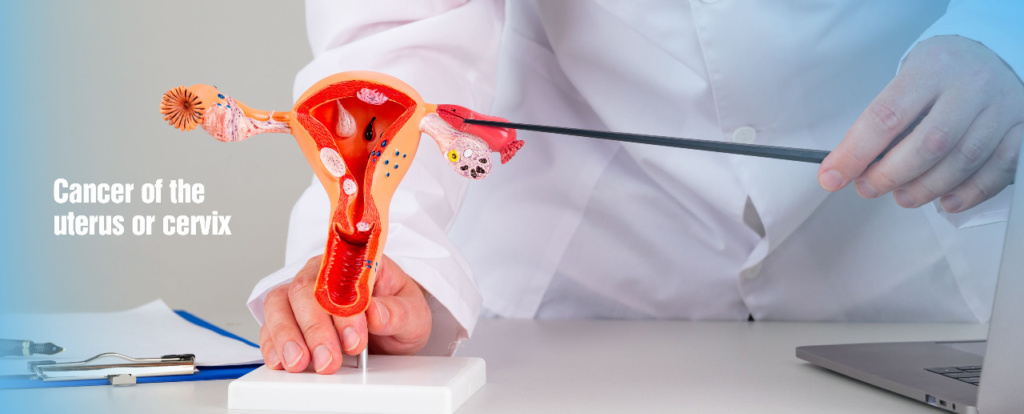In simple terms, abdominal hysterectomy is a surgical procedure in which an incision is created in the lower abdomen to remove the uterus. You can be advised to undergo partial hysterectomy (removal of only the uterus), total hysterectomy (removal of the uterus and cervix) or total hysterectomy with salpingo-oophorectomy (removal of one or both the ovaries as well as fallopian tubes); depending on what your gynecologist decides will be the best option for you.
Vaginal hysterectomy (incision in the vagina) or laparoscopic hysterectomy (using instruments through small incisions in the abdomen) are the two other methods used to perform a hysterectomy.
An abdominal hysterectomy is recommended in case you have a bulky uterus or if your doctor wants to have a better look at the pelvic organs for any symptoms of a suspected infection or a disease. You might also require to undergo an abdominal hysterectomy under the following circumstances:
1. Uterine fibroids: Fibroids are non-cancerous tumors or growths that can lead to consistent pelvic pain, heavy bleeding and even anemia. A hysterectomy is the only way to treat fibroids permanently.

2. Uterine prolapse: The uterus can fall low into the vagina if there is weakness in the supporting ligaments and tissues. Symptoms of uterine prolapse include difficulty in passing bowels, urinary incontinence or pain and pressure in the pelvic region. Abdominal hysterectomy is essential to treat these problems effectively.
3. Cancer of the uterus or cervix: After doing specific tests, your gynecologist will determine the type and stage of your cancer and decide on abdominal hysterectomy. However, radiation and chemotherapy can also be used alongside or in isolation depending on what is optimum for the patient.

4. Endometriosis: An abdominal hysterectomy along with bilateral salpingo-oophorectmy is the answer to treat endometriosis when medications or other non-surgical options fail to provide any relief. Endometriosis causes the endometrium (tissue lining on the inside of the uterus) to grow outside the uterus on other reproductive or pelvic organs. This causes pain in the lower abdomen, discomfort during sexual intercourse and heavy or painful menstruation.
5. Unusually heavy bleeding: Women who suffer from irregular or heavy periods that occur for prolonged periods of time might be recommended an abdominal hysterectomy to get relief if other methods fail to provide any comfort.
It is important to note that you will not be able to become pregnant once you undergo a hysterectomy. Therefore, discuss all the alternatives and less invasive treatments with your gynecologist first in order to arrive at the best possible treatment option.
FOR MORE INFORMATION AND APPOINTMENT CALL:
0172-5088883, +91 9464343434
























